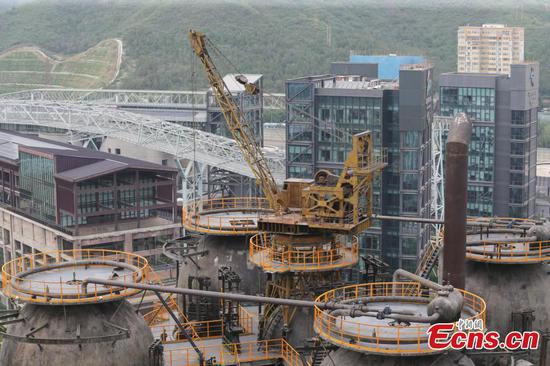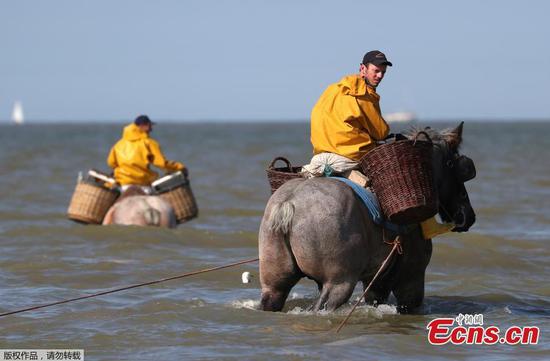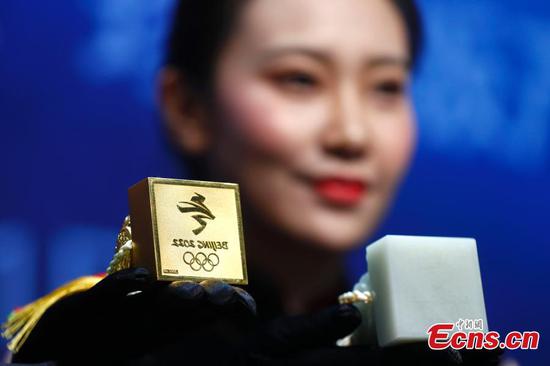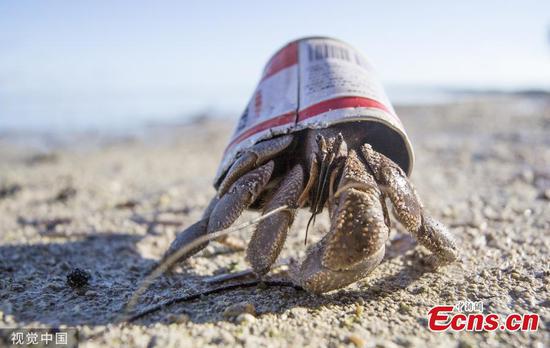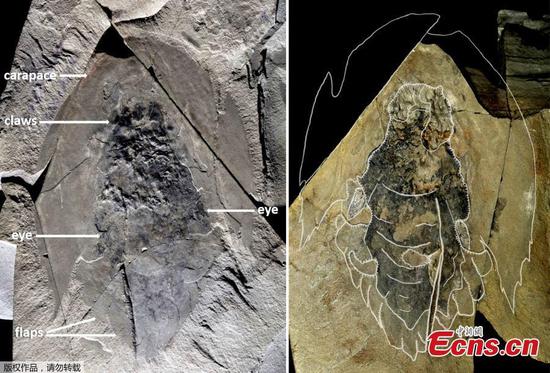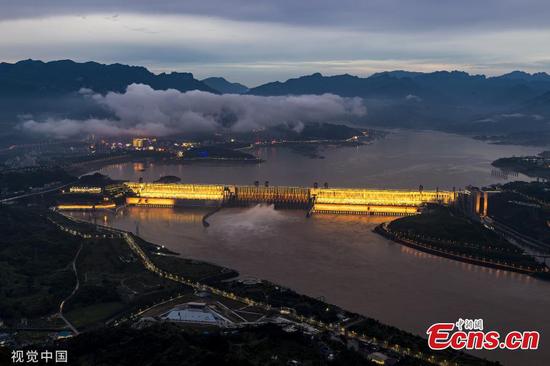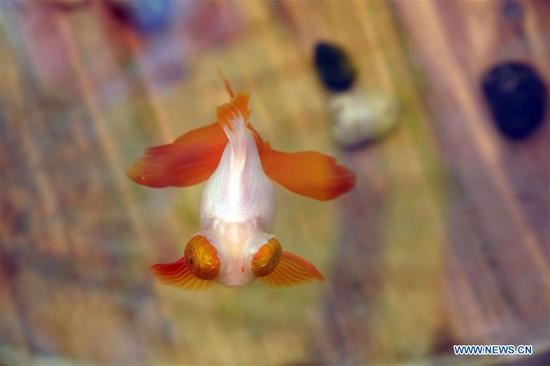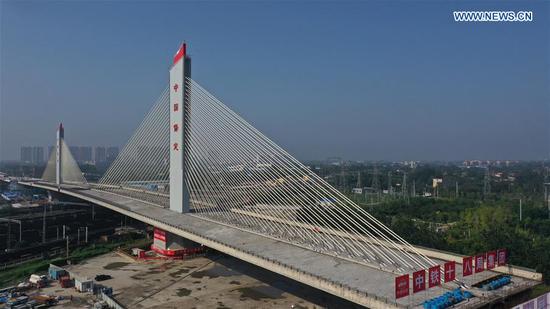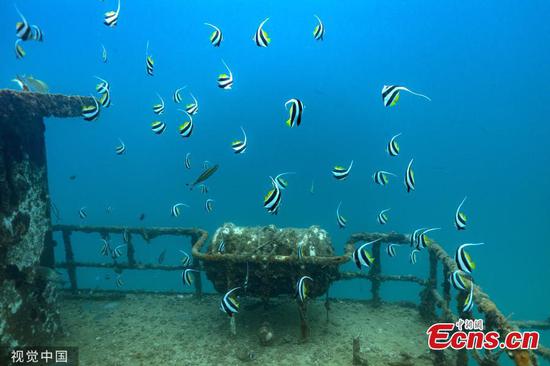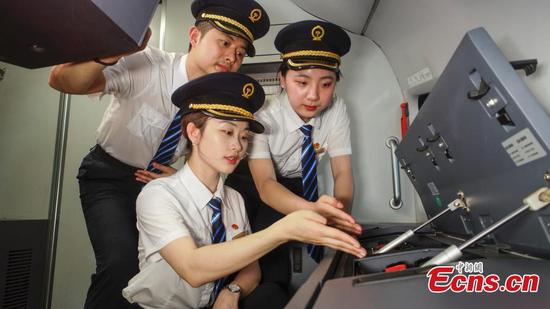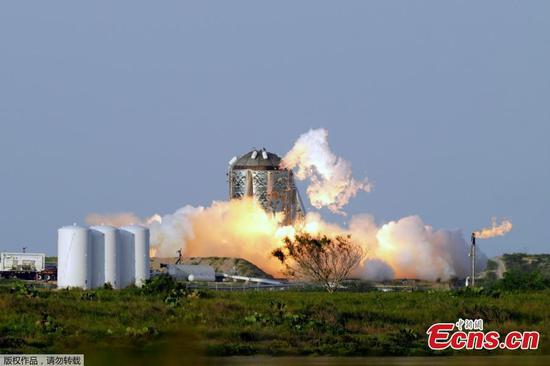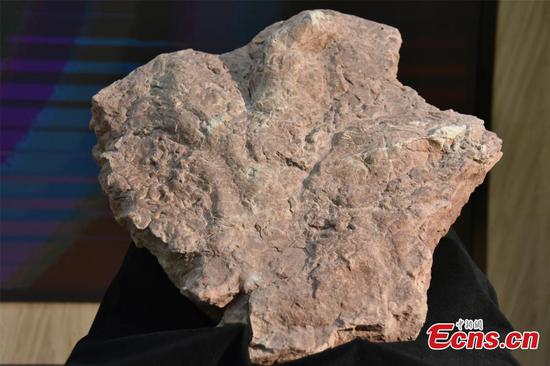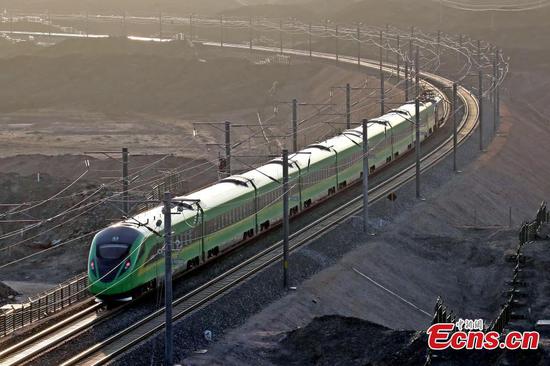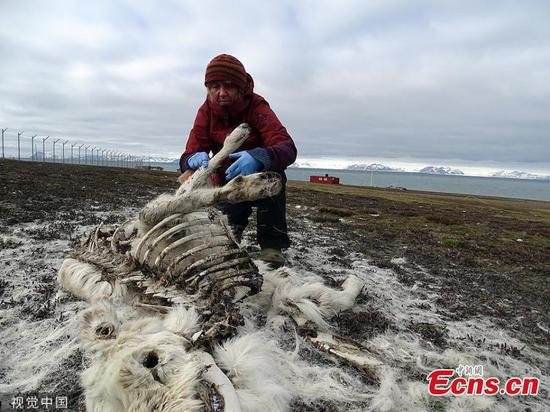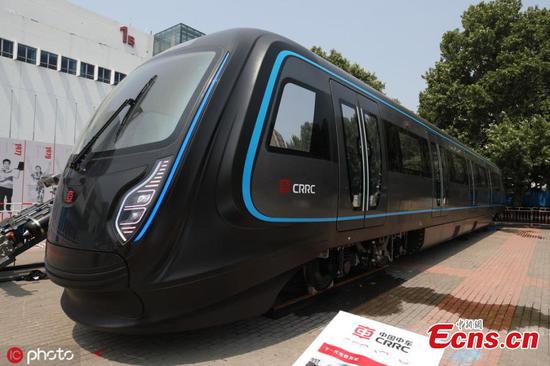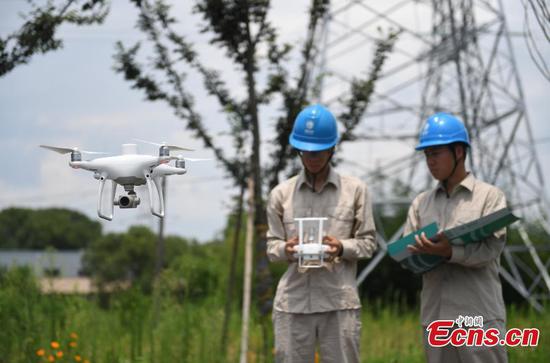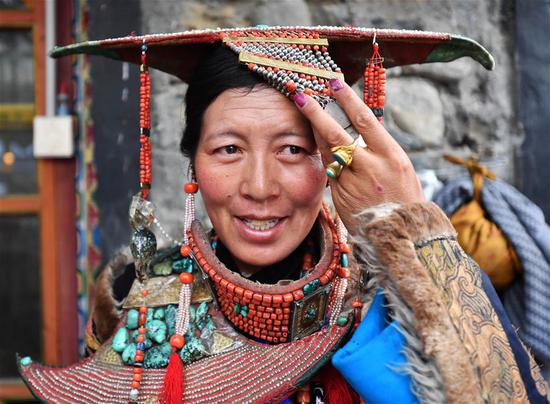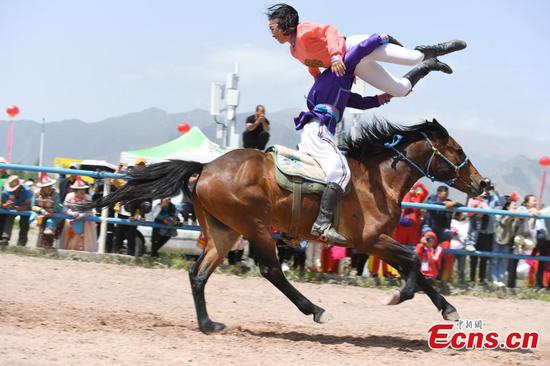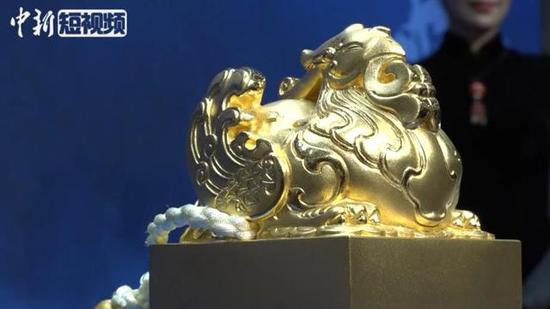China and ASEAN signed a free trade agreement (FTA) in 2004 and in November 2018, the two sides upgraded the protocol of their FTA agreement to build the largest free trade zone (FTZ) among developing countries.
The FTZ further elevates the trade partnership between China and ASEAN members and sends a clear signal of safeguarding multilateralism and free trade, Chinese Premier Li Keqiang said in Singapore while meeting with ASEAN nations' leaders in November last year.
In the China-ASEAN Strategic Partnership Vision 2030 adopted last year, the two sides agreed to realize a goal of 1 trillion U.S. dollars in two-way trade and 150 billion U.S. dollars in investment by 2020.
Professor Azmi Hassan from the University of Technology Malaysia viewed the China-proposed Belt and Road Initiative (BRI) as the main catalyst of the increased trade between ASEAN countries and China.
The BRI, or the Silk Road Economic Belt and 21st Century Maritime Silk Road, was launched by China in 2013 to promote trade and economic cooperation among economies along the ancient Silk Road trade routes, and to further open up markets in a mutually beneficial manner.
China and ASEAN countries are also working toward an early conclusion of the Regional Comprehensive Economic Partnership (RCEP) agreement, which is expected to boost trade and economic integration among ASEAN members and its six trading partners - China, Japan, South Korea, Australia, New Zealand and India.
"We hope that a substantive conclusion to the RCEP agreement by the end of 2019 will quicken the process of supply chain integration among the participating countries including China and ASEAN. This will most certainly lead to an increase in China-ASEAN trade and investment," Ong Kian Ming, Malaysia's deputy minister for international trade and industry, told Xinhua.
The RCEP talks, launched in 2012, will create one of the world's largest trading blocs, accounting for 45 percent of the world population, 40 percent of global trade and around one third of the world's GDP.
The growing economic interdependence between China and ASEAN has become the cornerstone of long-term peace and shared prosperity in the region, Chheang Vannarith, president of the Asian Vision Institute in Cambodia, opined.
"Against the backdrop of rising protectionism and unilateralism, China and ASEAN are compelled to deepen their economic integration and advance inclusive, open, effective and rules-based multilateral system," he said.
According to Wichai Kinchong Choi, senior vice president of Thailand's Kasikorn Bank, unilateralism and protectionism have damaged global growth. Thailand and ASEAN countries confirmed their support for multilateralism and free trade at the ASEAN summit held in Bangkok in June, he said.
CHINA OPENING DOORS WIDER TO WORLD
At the G20 summit that just concluded in Japan in June, Chinese President Xi Jinping put forward a string of new opening-up measures, pledging that China will further open up its market, proactively expand imports, continuously improve its business environment for foreign enterprises, and press ahead with trade talks.
China will set up six new pilot free trade zones, open a new section of the Shanghai Pilot Free Trade Zone, and speed up exploration of building a free trade port in southern Hanan Province, he said.
China will further bring down its overall tariff level, strive to remove non-tariff trade barrier, and slash institutional costs in imports, Xi said, adding that China will make the second China International Import Expo (CIIE) a success.
The open policy by the Chinese government has led countries like Malaysia to conclude that China is a more reliable trade partner. The trade data demonstrated that ASEAN countries "are buying up or taking the opportunity" provided by China that is more open to the world, Professor Hassan from the University of Technology Malaysia told Xinhua.
In November 2018, China held the first CIIE in Shanghai, attracting more than 3,600 companies from 172 countries, regions and international organizations to showcase their achievements and look for more chances of international cooperation.
The import fair, which will be held on an annual basis in the years to come, will serve as evidence of China's support for globalization and willingness to share growth opportunities with the world.
In the next 15 years, China expects to import goods worth 30 trillion U.S. dollars and services worth 10 trillion U.S. dollars. Last year, China's total imports rose 15.9 percent to hit 1.8 trillion U.S. dollars.
China has also been holding an annual China-ASEAN Expo in Nanning, capital of southwest China's Guangxi Zhuang Autonomous Region, since 2004.
Over the years China has expanded its exports of electronic products, construction materials, power equipment, construction machines, as well as technology in new energy, high-speed trains and agriculture to ASEAN countries, while the regional bloc's food, daily goods and bulk commodities have gained access to the Chinese market.
China is playing a very important role as the global economic stabilizer and driving force to alleviate, reduce and ultimately eliminate poverty in the region, Joseph Matthews, a senior professor at the BELTEI International University in Phnom Penh, said.
"The China-ASEAN or China-Cambodia relationship and partnerships are on the rise, and in the future this relationship will grow stronger and closer," he said.
by Xinhua writers Zhao Qing, Chen Jian, Lin Hao and Mao Pengfei









